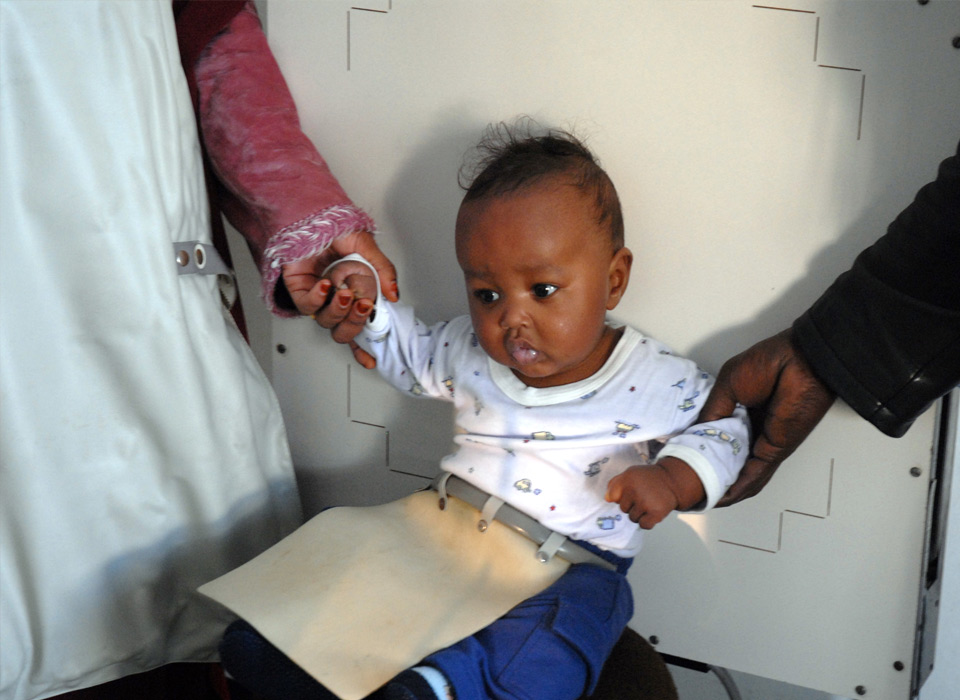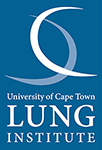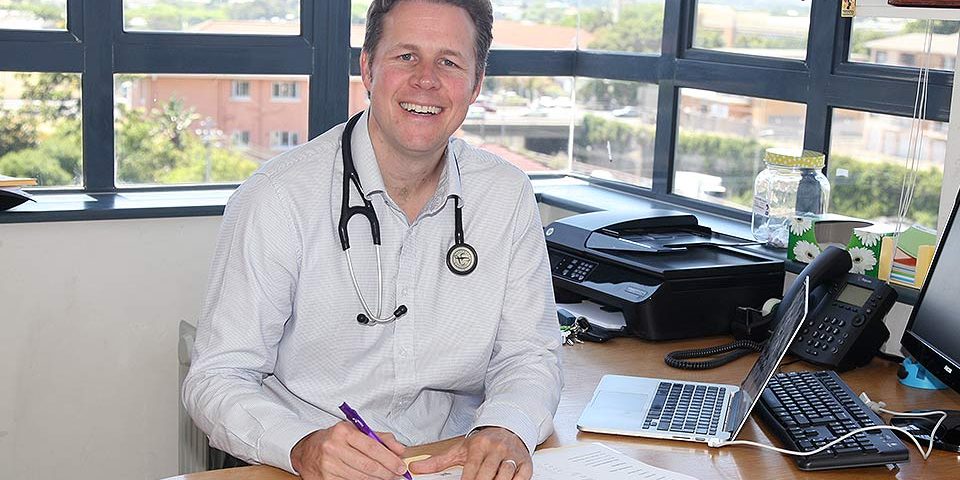


More teenagers opt for e-cigarettes, hubbly
1st May 2016


TB alert for young children
10th November 2016It is not uncommon to hear people lament the exodus of African minds to institutions overseas. Access to more funding, advanced technologies and prestige are some of the reasons young scientists and academics leave their home countries. However, many are choosing to return from studies abroad, bringing with them a wealth of skills, ideas and energy to contribute to the generation of African solutions and capacity building within the continent.
For Dr Jonathan Peter, leaving UCT to do a postdoc at Oxford University was a no-brainer.
“The main advantage of going to Oxford for me, has been to train me in clinical skills around allergology, immunology and laboratory-based immunoassays. What is particularly valuable is that it’s a set of skills that I would not be able to get here. This has shot me into a position where I can come back as an expert in that field and grow a nascent discipline in South Africa.”
The opportunity to acquire this scarce training meant that he could pursue a path he was always interested in. Since landing on home soil, Peter has wasted no time sharing his new knowledge. Together with dermatology and infectious diseases colleagues, he has initiated the first multidisciplinary drug hypersensitivity clinic in the country, offering deep clinical expertise and a research platform with collaborators in the UK and US. He also convenes biweekly immunology discussion groups where clinicians from anywhere in the country discuss difficult cases.
As a consultant in the Division of Allergology and Immunology, Peter is responsible for coordinating the divisional undergraduate and postgraduate curriculum, which he hopes will reflect the shifting tide of medicine to immune-focused treatments.
“We are increasingly seeing more immune mechanisms involved in common diseases. For example, inflammatory bowel disease, hypertension and heart disease all have immune problems and contributions to differing degrees. So there is no question that in the next 10–15 years general doctors will need to know how to handle this as more and more people access targeted immune therapies.”
Peter has first-hand experience of what kind of curriculum is needed to ensure this. During his time at Oxford, he noticed a strong link between the clinicians and laboratory scientists in immunology. He hopes to set up an integrated clinical and laboratory service, as well as curriculum, to help adequately equip future health practitioners with the knowledge required to provide better health care to their patients and communities.
UCT: Today’s news, 24 June 2016




